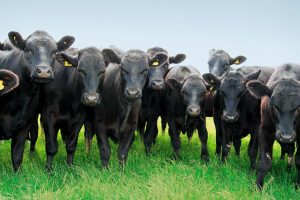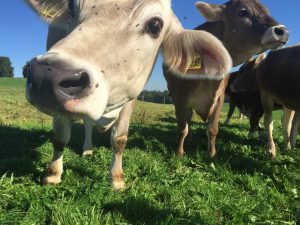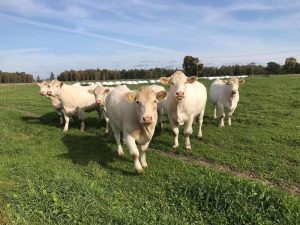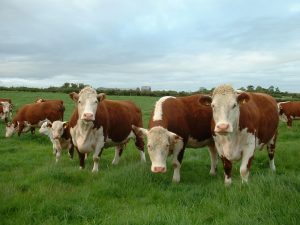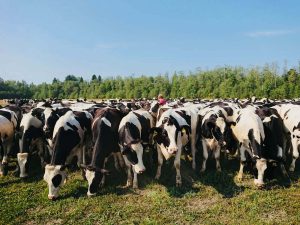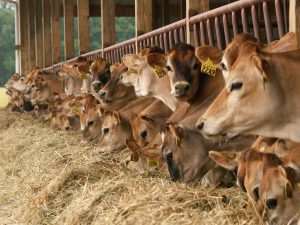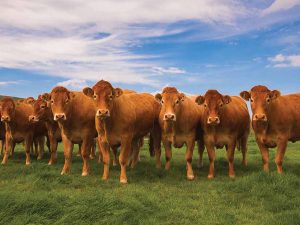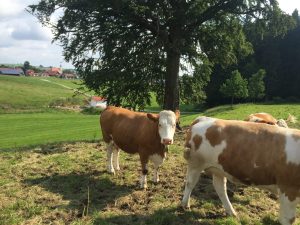Породы крупного рогатого скота
A general introduction about cattle breeds worldwide and their importance in dairy and beef production.
Cattle breeds vary widely in size, productivity, and adaptability. Around the world, certain breeds are favored for their exceptional milk yield, while others are renowned for premium beef quality. Below you will find an overview of some of the most popular and influential cattle breeds, with images and key characteristics.
Individual Breed Sections
Ангус
Origin: Scotland
Type: Beef breed
Characteristics: Known for high-quality, well-marbled beef, easy calving, and strong adaptability.
Use: Primarily beef production.
Коричневый швейцарский
Origin: Switzerland
Type: Dairy breed
Characteristics: Recognized for longevity, high milk yield with excellent protein-to-fat ratio, calm temperament.
Use: Dairy, especially cheese production.
Шаролез
Origin: France
Type: Beef breed
Characteristics: Large-framed, muscular cattle producing lean, tender meat.
Use: Beef production and crossbreeding for growth improvement.
Херефорд
Origin: England
Type: Beef breed
Characteristics: Red body with white face, hardy and adaptable, efficient converters of grass into meat.
Use: Beef production.
Гольштейн
Origin: Netherlands / Germany
Type: Dairy breed
Characteristics: Black-and-white markings, the world’s highest milk yielders.
Use: Industrial dairy farming worldwide.
Джерси
Origin: Channel Islands (Jersey)
Type: Dairy breed
Characteristics: Smaller size, high butterfat milk ideal for butter and cream, docile and efficient grazers.
Use: Premium dairy production.
Лимузен
Origin: France
Type: Beef breed
Characteristics: Golden-red coat, lean carcass, excellent muscle development.
Use: Beef production.
Симментал
Origin: Switzerland
Type: Dual-purpose (beef & dairy)
Characteristics: Rapid growth, high milk yield, adaptable to different climates.
Use: Dairy, beef, and crossbreeding.
Each cattle breed has its own unique strengths. From dairy-focused Holsteins and Jerseys to beef specialists like Angus, Charolaise, and Limousin, these breeds play a crucial role in global agriculture. Farmers often choose breeds based on climate, market demand, and production goals.

